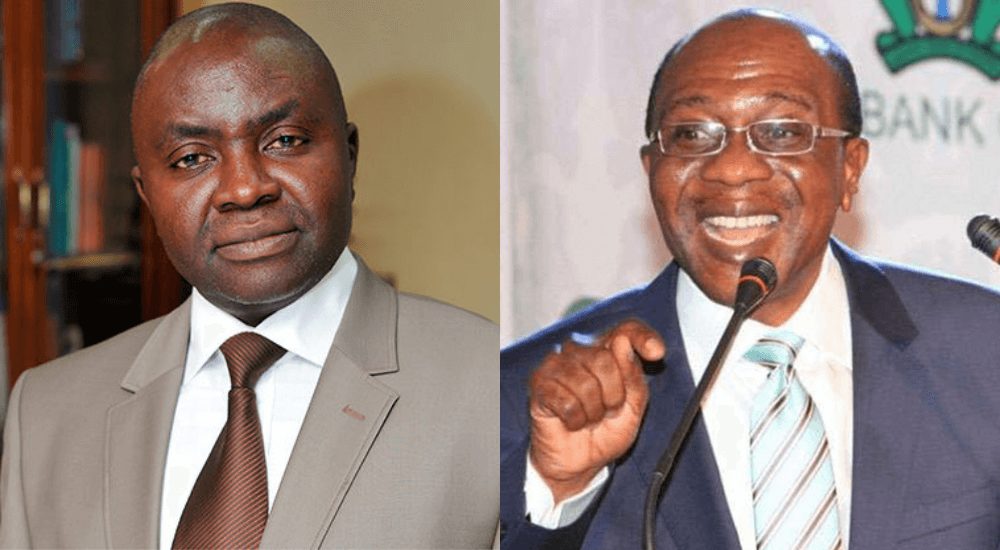The former Lagos Chamber of Commerce and Industry DG said this in his comment on the 2023 Finance Bill.
The Minister of Finance, Budget and National Planning, Zainab Ahmed had in August 2022 disclosed that the country spends N18.39bn which translates to N6.7trn annually.
Although the debate to remove the subsidy has heightened, the Federal Government has made provision in the 2023 budget to retain subsidy till June.
It is estimated that N3.6trn will be spent in the six months period of 2023 on subsidy.
But the CPPE CEO said Nigeria’s revenue can improve by N6trn annually if the subsidy is removed.
Yusuf argued “The Nigerian economy is heavily burdened and encumbered by two major subsidy regimes: the fuel subsidy regime and the foreign exchange.
He also said that the rate at which the Central Bank of Nigeria sells forex at a discounted rate is hurting the government purse.
Nigeria runs a multiple exchange rate window for investors and a parallel market were the rate traded over N740 per dollar.
The CBN sells at N453.09 per dollar while at Investors’ and Exporters’ foreign exchange window, the dollar trades at N461.20.
Yusuf said between 2021 to 2022, the country has lost close to N7trn.
He said, “In 2021, for instance, the Central Bank sold an estimated $18bn US dollars as interventions in the foreign exchange market at a hugely subsidized average rate of N400 per dollar. The effective exchange rate in the economy at the time was N560/$. This meant an estimated subsidy of N160/$ which translated to a conservative estimated revenue loss of N2.9trn.
“Similarly in 2022, an estimated $18bn was sold as an intervention in the forex market at an average rate of N447/$. The average effective exchange rate for the period was conservatively about N650. Again, this meant a subsidy of N203/$. This translates to an estimated revenue loss of about N3.64 trillion.”
He said for an economy that is burdened by a huge fiscal deficit and unsustainable debt obligations, such should be eliminated in 2023.
 DailyrecordNg …Nigeria's hottest news blog
DailyrecordNg …Nigeria's hottest news blog









